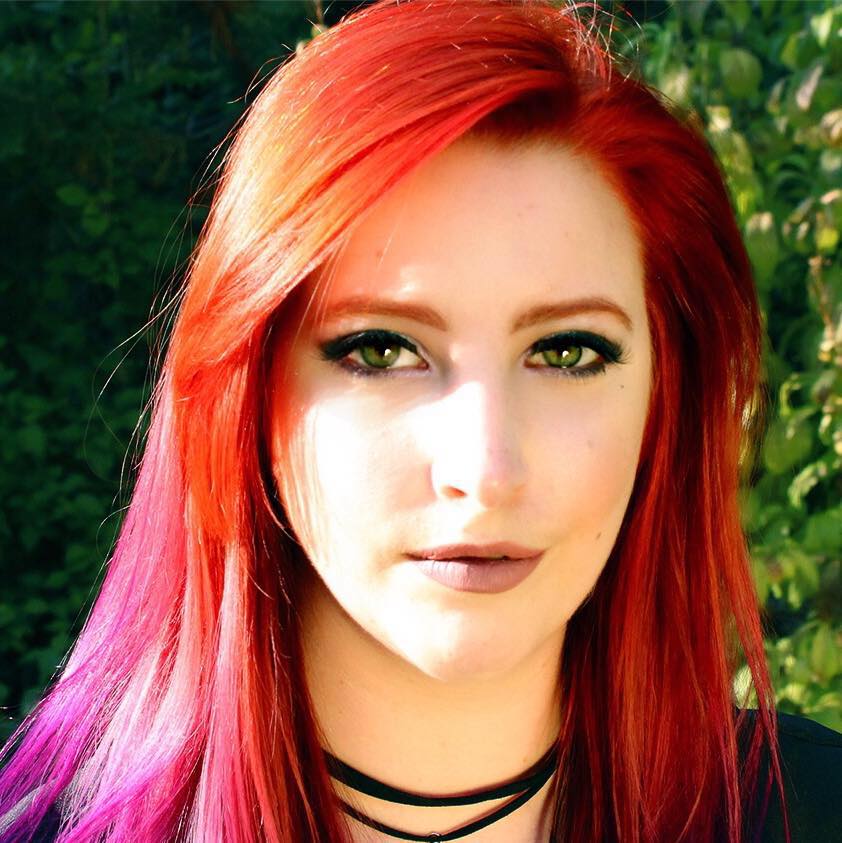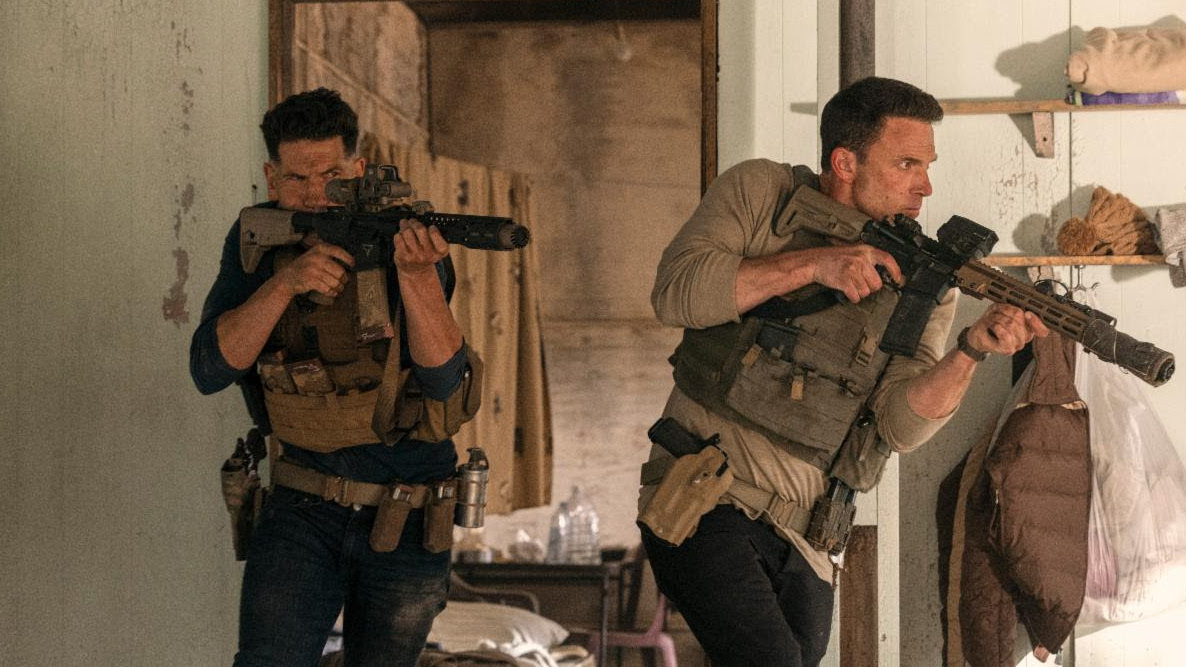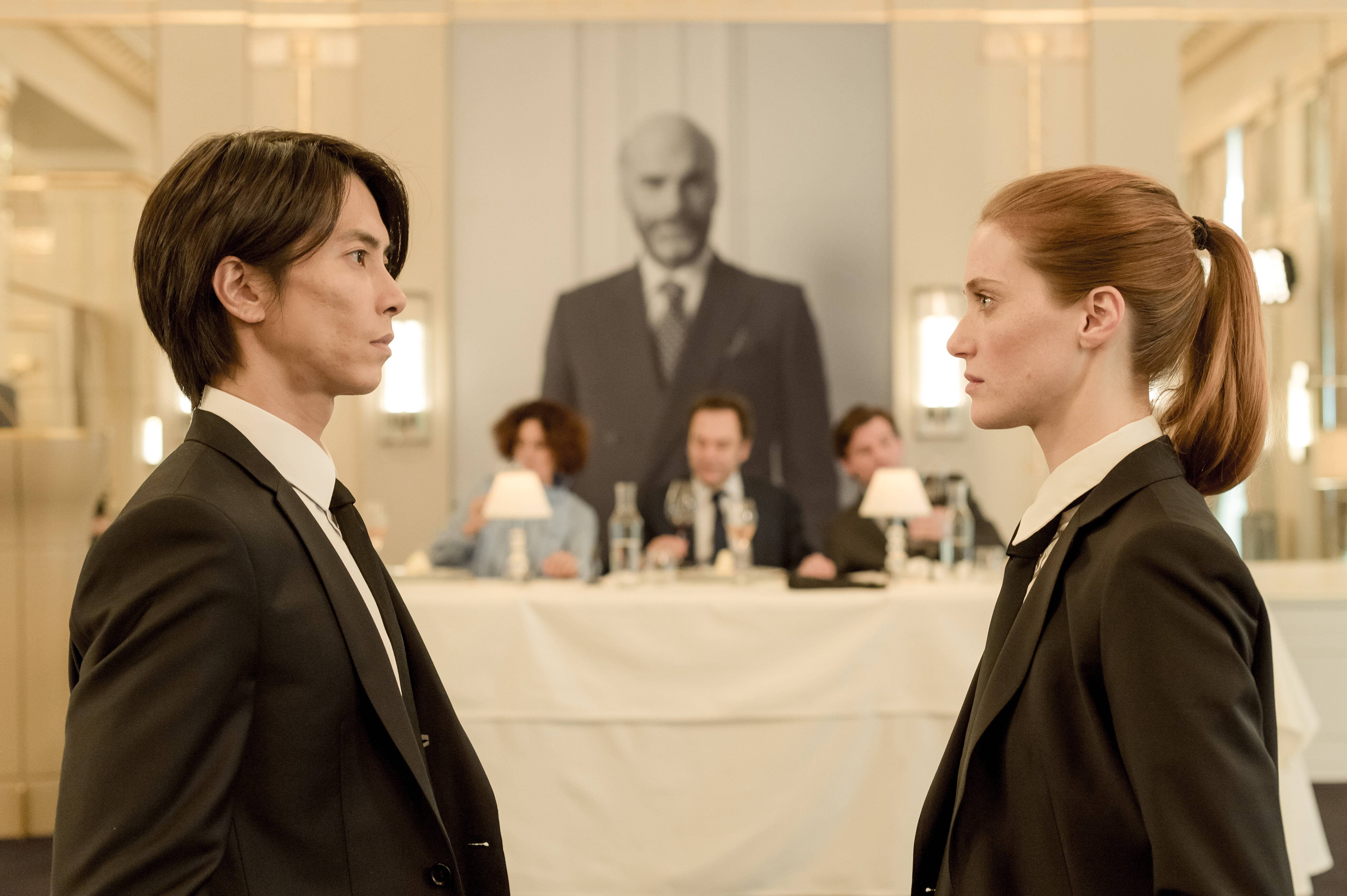What to Watch Verdict
'Moxie' is smart, loud, proud, intersectional, and all the way done with "boys will be boys" and the society that lets the platitude continue.
Pros
- +
⭐️Avoids the white savior trope.
- +
❤️Illustrates that there's no wrong way to be a feminist.
- +
⭐️Shows there can be good men without "not all men-ing" the audience.
- +
❤️Quietly calls out "acceptable" male platitudes while loudly crushing them.
- +
⭐️Shot in a fun "teen movie" kind of way.
- +
❤️It's just inspiring and warm as hell.
Cons
- -
⭐️While it's inclusive and diverse, it could have gotten full marks if it had allowed its trans character to be explicitly trans rather than just implying it.
Sometimes, movies that say big things can do so while living a huge smile on your face. That's Netflix's Moxie. Based on Jennifer Mathieu's novel of the same name, the film follows a young girl and her friends as they try to navigate being young women in a world that's been built to stand in their way — even after all the work of the generations of women before them. The patriarchy is a hell of a disease, and films like Moxie are the proverbial antidote in a way that benefits both girls and boys alike.
Vivian (Hadley Robinson) doesn't consider herself a feminist when the story begins. Hell, the kid's just trying to survive high school so she can get into a good college and do her thing. Then Lucy (Alycia Pascual-Peña) moves to their school, and Vivian's eyes finally start to open. Lucy immediately calls out the behavior of notorious bully and creep Mitchell Wilson (Patrick Swarzenegger), but her voice falls on deaf ears. Principal Shelly (Marcia Gay Harden) can't be bothered with accusations against the school's "star" — he hasn't won a game in gods know how long — quarterback! That's a lot of paperwork. Instead, she recommends the accosted Lucy go join the school band and just deal with the "ribbing." When Vivian catches up with her future friend shortly after, she tells her that Mitch has always been a jerk, and to just keep her head down.
“Thanks for the advice. But I’m gonna keep my head up. High,” Lucy tells her.
That moment, combined with old memorabilia from her activist mother (played by Amy Poehler) and the student body's list of ranks and titles — complete with such accolades as "most bangable," "best ass," and "biggest c*&%" — inspires Vivian to create her zine, Moxie. It combats the list and the inherent patriarchal views of her school, labelling men like Mitch as creeps and eventually calling out other injustices like a classmate with larger breasts getting sent home for wearing a tank top while the boys get to run around wearing the same thing. It includes calls to action in an attempt to rally the girls of the school behind the cause, starting with a simple act: draw stars and hearts on your hand in a show of support for your fellow woman. Bolstered by the shows of support and her anonymity, Vivian continues to varying degrees of success (and frustration).
Like the more "adult" Promising Young Woman before it, Moxie highlights often used male platitudes in a way that does more than just tell the viewer how to feel. It plays out scenes that every woman you know has lived through in a way that makes us feel both seen and validated. "Boys will be boys" is still often used today as a way to tell women that there's no reason for them to be bothered by crappy male behavior and as a way to show boys that they can treat girls however they want. While PYW takes a very (appropriate) "burn it all down" approach, Moxie (also appropriately) takes its time to show how young men get caught up in the patriarchy as well, how they don't lose a proverbial slice of the pie by participating in a more equal society, and the ways that they can be instrumental in a future that treats their sisters better than history has. Characters like the U-Copy clerk (Ron Perkins) and Seth (Vivian's crush, played by Nico Hiraga) are important to the story, but are appropriately supplemental in a way that proves they know that this isn't their moment.
There's no wrong way to be a feminist, and Moxie takes its time to highlight all forms of the revolution. While Vivian eventually learns to be as loud and proud as her Black sisters, her best friend Claudia (Lauren Tsai) doesn't have the same approach. Not only is she naturally a more timid character, Claudia is also a second generation immigrant whose entire future hinges on staying out of trouble. She can't navigate things the same way Vivian does, but she does participate in her own way. As movements grow, they can fall into certain traps. Folks often joke about the left "eating its tail," and the same can be said for the feminist movement when we get caught up in the "right" way to do things. This film knows that the only wrong way to be a feminist is by not being an intersectional one.
When stories like these feature white characters in their leading role, its always a worry that the narrative will slip into the all-too-familiar White Savior trope. By and large, Moxie avoids that trap. Claudia's quiet action is validated while Lucy, star-athlete Kiera (Sydney Park) and the rest of the group are all given their agency. There are a couple moments where Lucy skirts the "Black Best Friend" stereotype, but it manages to avoid it on the whole. Vivian is nothing without her support system, and she seems to realize that by the film's conclusion.
Moxie only has two real weaknesses. The first is a nitpick that I don't share but acknowledge that some viewers may feel — it's a hair long. While there's nothing that I'd personally cut from the hour and fifty minute story, I can see why certain folks might wish this were a tight ninety minute jam. The other is with Josie Totah's character, CJ. While Totah herself is trans, the film seems to be afraid to outright acknowledge her character's transness. It's great to see films making casting trans folks in trans roles the norm, I just wish that the film had done more than just implied her character's identity. That said, she does get her own story and isn't just treated as a tertiary character.
The bottom line here is that this film is saying what it wants to say in a way that will engage audiences of all ages. Not only is it speaking its truth, but it manages to do so in a meaningful way that's left a grin on my face all while writing this review. Don't sleep on this one. It's got a voice, and it's not afraid to use it.
Amelia is an entertainment Streaming Editor at IGN, which means she spends a lot of time analyzing and editing stories on things like Loki, Peacemaker, and The Witcher. In addition to her features and editorial work, she’s also a member of both the Television Critics Association and Critics Choice. A deep love of film and television has kept her happily in the entertainment industry for 7 years.












